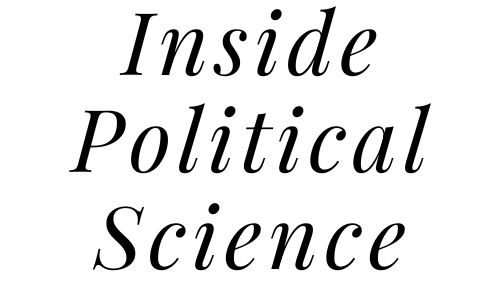
James Madison warned that factions are the greatest threat to American democracy. In Federalist No. 10, he argued that these groups, driven by self-interest, could destabilize governments. Today, political polarization is at an all-time high, with a 2022 Pew
Research study showing that 72% of Americans see strong partisan conflicts. Madison believed factions were inevitable but could be controlled. He outlined their causes and offered solutions to limit their impact.
Understanding his perspective helps explain modern political divisions and the dangers of unchecked factionalism. This article explores Madison’s analysis of faction and its relevance today.
What Are Factions?
Factions are groups of individuals bound by a shared interest or belief, often working against the broader public good. In Federalist No. 10, James Madison described factions as groups “united and actuated by some common impulse of passion, or of interest, adverse to the rights of other citizens, or to the permanent and aggregate interests of the community.” He recognized that factions could form within both majorities and minorities, making them a persistent threat to stable governance. Unlike structured political parties, which seek to win elections and govern, factions are often more focused on advancing specific policies or protecting particular interests.
Throughout U.S. history, factions have played a critical role in shaping the nation’s direction. During the country’s founding, the Federalists and Anti-Federalists battled over the ratification of the Constitution, each representing distinct interests. In modern times, groups like the National Rifle Association (NRA), labor unions, and environmental organizations act as factions, advocating for policies that benefit their supporters. While factions can encourage debate and political participation, their influence can also lead to polarization, legislative gridlock, and policies that favor special interests over the public good.
Causes of Faction According to James Madison
In Federalist No. 10, James Madison argued that factions arise naturally from differences in human nature. People have varying opinions, resources, and interests, making conflict inevitable. However, rather than seeking to eliminate factions—which would require restricting liberty—Madison focused on controlling their effects. He identified two primary causes of faction: the unequal distribution of property and the natural divergence of opinions. These factors create deep divisions in society, fueling political struggles throughout history and shaping modern governance.
The Unequal Distribution of Property
Economic inequality is one of the most persistent sources of factional conflict. Madison observed that differences in wealth create distinct interests between property owners and those without property. Those who own land, businesses, or capital have different priorities from those who rely on wages or struggle with financial instability. This economic divide leads to factional disputes, as groups seek to shape policies that either protect wealth or promote redistribution.
Historically, economic-based factions have played a central role in American politics. The early clashes between agrarian and industrial interests, the rise of labor unions against corporate power, and modern debates over tax policy and wealth distribution all reflect Madison’s concern. When economic factions dominate the political system, policies may favor their interests at the expense of the broader population, leading to instability, resentment, and deepening divisions within society. The influence of money in politics further exacerbates this issue, as wealthy factions can fund campaigns, lobby for favorable legislation, and shape public opinion through media influence.
The Diversion of Opinions
People naturally hold different beliefs, values, and priorities, leading to ideological and political divisions. Madison argued that these differences—shaped by religion, social background, and personal experiences—create factions that compete for influence. While disagreement is an essential part of democracy, extreme ideological divisions can lead to obstruction, making compromise difficult and governance ineffective.
Throughout U.S. history, ideological factions have fueled major conflicts. The Federalists and Anti-Federalists clashed over the balance of power in government. The Civil War was driven by conflicting views on slavery and states’ rights. In modern times, political polarization has led to gridlock, with parties refusing to cooperate on critical issues like healthcare, climate change, and social justice. When factions become too entrenched in their beliefs, they often prioritize defeating their opponents over finding solutions, weakening democratic institutions and public trust in government.
Madison recognized that factions are inevitable, but he believed that a well-structured republic could prevent them from gaining unchecked power. By understanding the causes of faction, we can better navigate political conflicts and work toward a more balanced system of governance.
Closing Thoughts
James Madison’s analysis of faction in Federalist No. 10 remains relevant today. He understood that factions are a natural part of human society, driven by economic inequality and ideological differences. Rather than attempting to eliminate them, he advocated for a system of government that could limit their harmful effects.
In modern politics, we see Madison’s warnings play out in deep partisan divides, economic struggles, and policy gridlock. While factions can drive important debates, unchecked influence can destabilize democracy. Understanding their causes helps us recognize the importance of balanced governance, informed citizens, and institutions that protect the common good.
